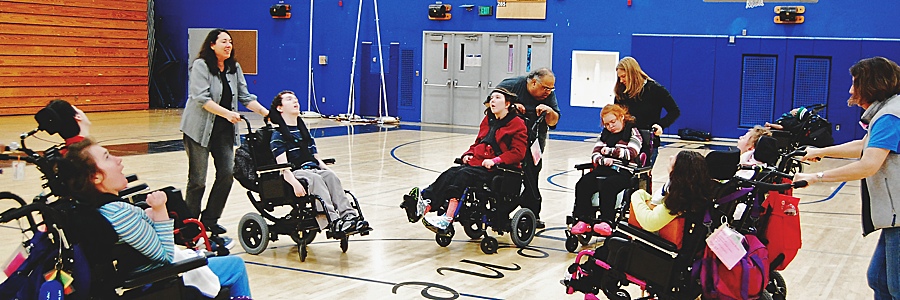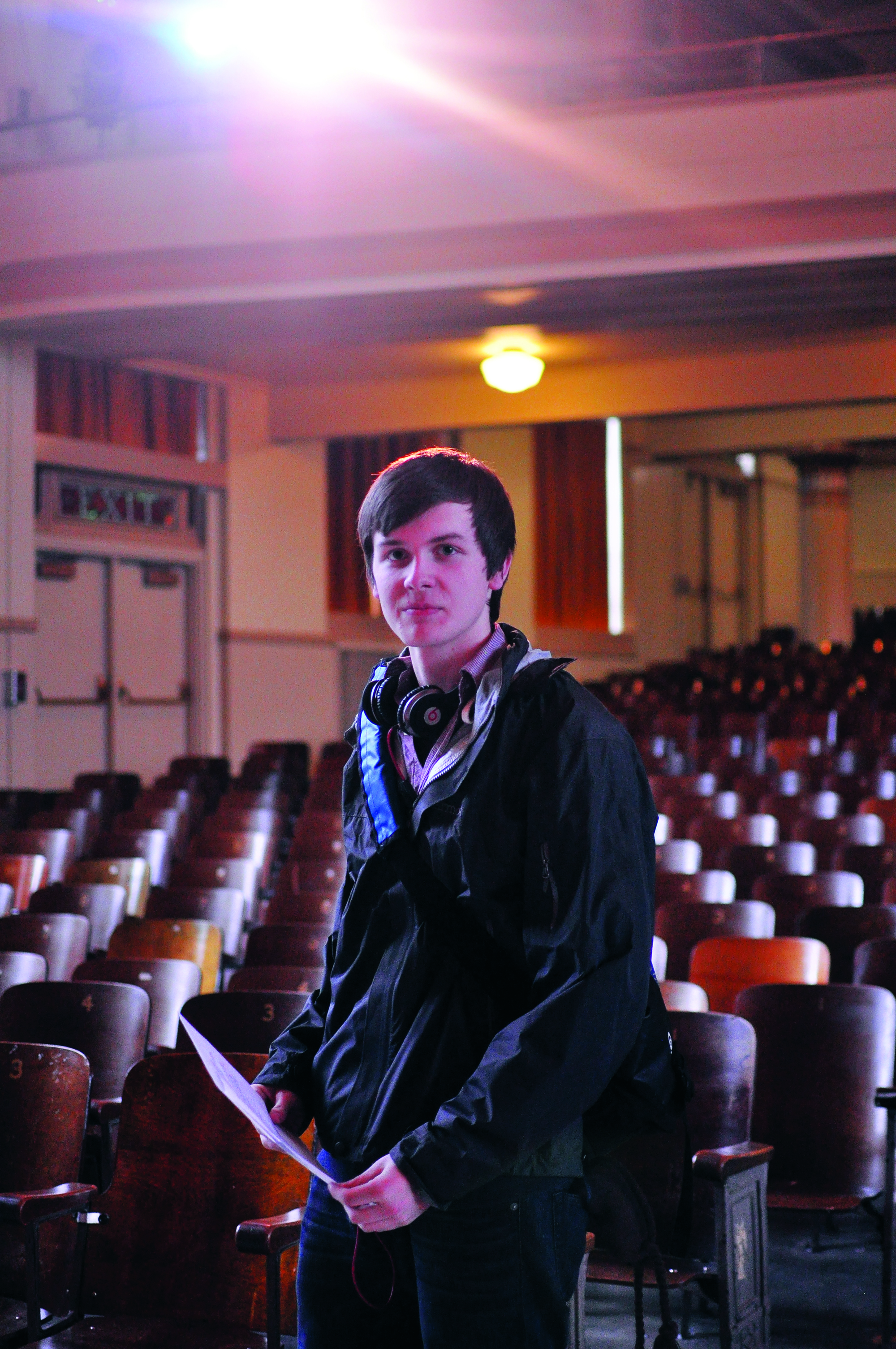
On the ride home from his junior varsity basketball game, a player on the team sits in a car full of friends. He’s quiet, with something weighing heavily on his mind. He contemplates what just happened in the locker room after the game.
By the time he gets home, he can’t contain his inner conflict any longer. While sitting around the dinner table with his family, he mentions casually what happened, not wanting to dwell on the topic for very long.
Later that evening, his father told him: “It’s a bigger deal than you think it is, this could be sexual harassment. We need to talk to someone about this.”
This is not the typical outcome when a student gets harassed or bullied.
Even teens with strong, open relationships with their parents keep personal incidents a secret if it means telling on somebody. With recent allegations of hazing and bullying coming to light, one thing is clear: there is a significant disconnect between adults and kids when it comes to communication.
Beginning at a young age, many students understand that being a tattletale can earn you a bad reputation. In elementary school, teachers urge their students to report bullies, and give examples as to what qualifies as bullying and what should be handled individually. Parents also guide their children in rules of ethics and morality.
But by the time students get to high school, such behavior is seen as being “a snitch.”
Junior Hannah Coe remembers being ridiculed for not looking and acting the way the other kids did. Not as all tall or developed as all of her classmates, she was called short and flat chested. As the verbal abuse continued, she was unsure what to do.
After enduring the hurtful comments, she turned to her parents for support. They wanted to solve the problem and report the bully to the school. Coe convinced them not to. She didn’t want it to get worse. She didn’t want to be the “snitch.”
The distinction between what is acceptable teasing and what is harassment has blurred. Senior Nicole Johnson believes it roots back to snitching. “Some people think that telling makes you a little kid, but sometimes you don’t know how to handle something and that’s when you tell your parents.”
But at what point does a situation warrant telling an adult? “Telling can sometimes feel traitorous, even if it’s the right thing to do,” Johnson says. “It can lead to more uncomfortable situations making

it seem like a lose-lose situation.”
Coe agrees, recalling when she drew enough courage to talk to her own parents. “I think it’s really hard for some people who don’t have good relationships with their parents to talk to them about their personal issues,” she says.
The responsibility for initiating conversations relies on all members of the family. A Grant father, Jacob Boston, feels “there’s always a responsibility of a parent to initiate topics. But kids also need to throw out in conversation with their parents when they see hazing or bullying or abuse. Parents are there to trust.”
Trust plays a major component not only in communication between parents and teens, but school officials, as well. The recent victim realized he would have to go to the administration for any action to take place.
Although unsure of how they would take it, with his parents at his side, he reported the incident to the administration where he found them to be very supportive. “I knew a few other kids were too ashamed to go to their parents,” he says. “But I don’t have any regrets about what I did.”
He adds that since his situation was different in the sense that he could fight off his attacker and felt the reasons others were too ashamed was because they weren’t as “lucky” as he was.
According to Dr. Ellen deLara, a specialist on childhood bullying and professor for the School of Social Work at Syracuse University, even if there isn’t a sturdy bridge of communication between the parents and their children, they can still close that gap.
Ask “open-ended questions,” deLara advises parents. “They should say, ‘Tell me about hazing at your school’ so they can establish that they know. ‘I read about this, heard about this, and I am really concerned about it and I would really want you to talk to me about it.’ The shame belongs to the person who did this, not the victim.”
If a victim can fear being further harassed or targeted for exposing the truth, it’s adults who should offer the reassurance.
“I feel like the reason why people look negatively on those who tell is because some think it’s ‘weak’ to not be able to deal with things yourself,” says senior Curtis Jewell. “The misconception is that we have to deal with all of our problems ourselves, making people think that those who don’t are pathetic.”
Teens who have been harassed and victimized may feel trapped and ashamed, but it’s encouraged that they at least have an adult they can trust. Talking to an adult can help sort out feelings and determine what course of action needs to be taken.
“I think the relationship between parents and kids is one of the most important things in life,” Coe believes. “After all, they are the main role models in our lives, and we look up to them for guidance and support.”
When an adolescent finally makes the effort to tell an adult, it’s up to the adult to use his or her best judgment. Parents and administrators are often already looking for warning signs and when a child comes to them, support is readily available. deLara suggests that the more the community is involved, the less likely the victim will have to deal with the backlash they were originally concerned about.
“One set of parents doesn’t have enough power to keep this from happening but a group of parents has power enough to keep it from happening and to keep retribution away from the victim,” deLara says.
There is a twist in the Grant investigation because one of the main allegations by some parents is that hazing and bullying has been going on for some time with some of the sports teams. But the matter is further complicated because some of those parents say they had heard the allegations before. Yet, none of them came forward.
Principal Vivian Orlen, in her quest to clean up the problem, has made it clear that she was “stunned” that some parents had heard about this and never said anything. “What does that say about us?” she asked. “We’re worried about our kid getting playing time over keeping kids safe?”
Johnson said reporting incidents of bullying is the responsible thing to do. More often than not a bully to one person is a bully to another person. Coe agrees, saying, “When someone has toxic energy, they deserve to be outed.”
The act of self-protection also serves as protection for existing or future victims. Reporting such incidents is something that the JV basketball player who came forward advocates for others.
“It’ll prevent people from doing it in the future,” he says. “It can be confidential. By not coming forward, you’re furthering the cycle of acceptance for this kind of behavior at Grant.”




